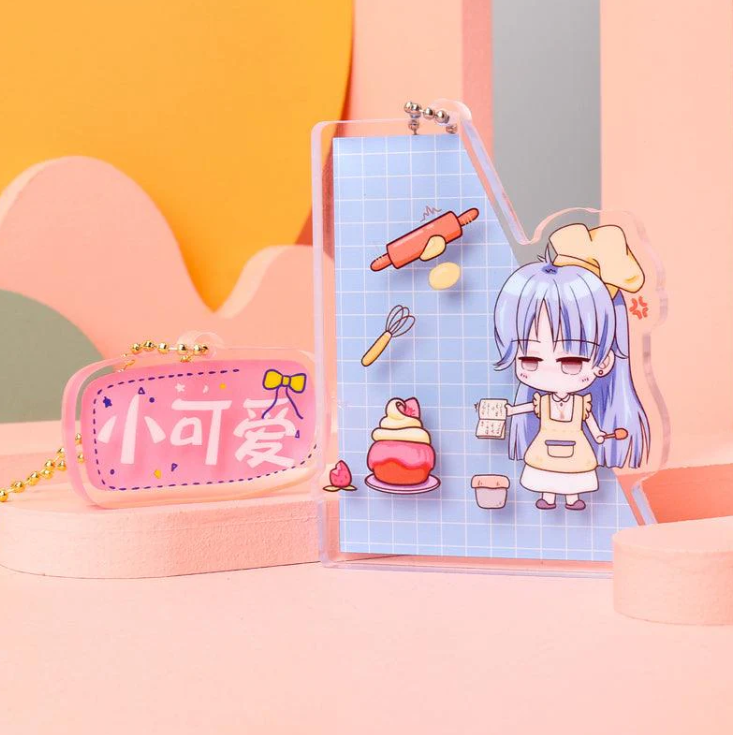What are the Most Commonly Replaced Truck and Trailer Spare Parts?
Trucks and trailers are built to handle heavy loads, long distances, and demanding conditions, but even the toughest vehicles need regular maintenance. Spare parts naturally wear out over time, and replacing them is essential for safe and efficient operations. Knowing which parts are most commonly replaced helps drivers, fleet managers, and operators plan ahead and avoid unexpected breakdowns.
Why Replacing Spare Parts Matters
Keeping on top of spare part replacements isn’t just about avoiding roadside delays—it’s about ensuring road safety and protecting your investment. Worn or faulty components can lead to serious issues such as accidents, fines for non-compliance, or costly repairs. By replacing parts as soon as they show signs of wear, you can:
- Improve safety for drivers and other road users.
- Extend the working life of trucks and trailers.
- Minimise breakdowns and downtime.
- Stay compliant with Australian road safety regulations.
See also: Do renovation packages cover kitchens and bathrooms?
Most Commonly Replaced Truck & Trailer Spare Parts
Tyres and Wheels
Tyres endure constant stress from heavy loads, long journeys, and varying road conditions. Bald tread, cracks, or uneven wear are all signs it’s time for a replacement. Wheels can also suffer from damage or corrosion, so regular checks are essential.
Brake Components
Brake pads, drums, discs, and air brake parts are among the most critical spares to replace. Heavy vehicles rely on powerful braking systems, and worn components can significantly increase stopping distances. Regular inspections help prevent brake failure and ensure compliance with road safety laws.
Suspension Parts
Springs, shocks, and airbags absorb much of the impact when carrying loads. If they’re worn or damaged, it can lead to poor stability, uneven tyre wear, and uncomfortable driving conditions.
Bearings and Hubs
Bearings and hubs allow smooth wheel rotation and support heavy loads. Signs of failure include unusual noises, overheating, or wobbling wheels. Prompt replacement prevents further damage and helps maintain road safety.
Lights and Electrical Components
Fully functioning lights are a legal requirement in Australia. Tail lights, indicators, and brake lights often need replacing due to wiring issues, broken bulbs, or exposure to the elements. Electrical connectors and wiring harnesses also wear out over time.
Couplings and Tow Balls
A secure connection between truck and trailer is essential for safe transport. Worn couplings or tow balls can compromise this connection, leading to dangerous situations. They should be inspected frequently and replaced if there’s any sign of wear or damage.
Filters and Fluids
Engine oil filters, fuel filters, and air filters protect critical systems from dirt and contaminants. Regular replacement ensures smoother operation, improved fuel efficiency, and a longer engine lifespan.
Other High-Wear Parts
Additional parts that often need replacing include mirrors, windscreen wipers, mudguards, and hydraulic hoses. These may seem small, but they play an important role in visibility, safety, and load security.
For operators looking to keep essential parts on hand, it’s worth sourcing quality truck and trailer spares that meet the demands of heavy-duty use.
Tips for Extending the Life of Spare Parts
- Carry out routine inspections before and after trips.
- Invest in quality OEM or trusted aftermarket parts.
- Schedule regular servicing to catch wear early.
- Keep spare parts such as bulbs, filters, and brake pads on hand for quick replacements.
- Train drivers and operators to recognise early warning signs of failure.
Bringing It All Together
Replacing spare parts is an unavoidable part of owning and operating trucks and trailers, but proactive maintenance can make the process far less stressful. Tyres, brakes, suspension, bearings, lights, couplings, and filters are among the most commonly replaced components, and having a plan for when and how to replace them helps ensure smooth, safe operations. By staying on top of maintenance and using high-quality spares, you’ll reduce downtime, cut costs, and keep your vehicles roadworthy for longer.






